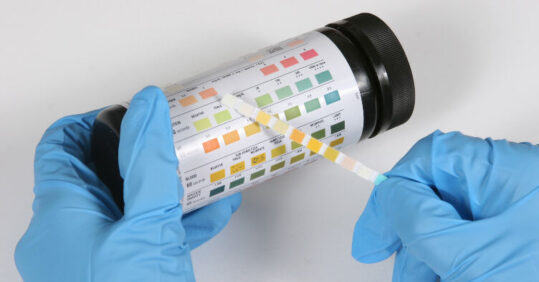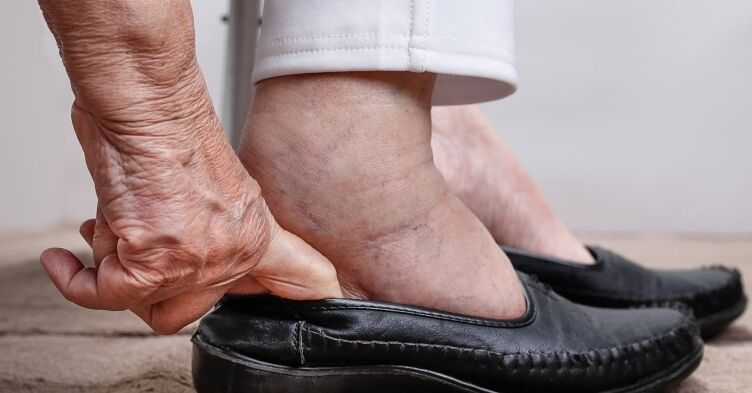Four new tests for diagnosing UTIs could soon be considered for use in the NHS to help fight against antimicrobial resistance.
A National Institute for Health and Care Excellence (NICE) committee has issued draft guidance calling for further research into four promising tests which could produce results in under an hour and be carried out in primary care or the community by any healthcare professional.
It is hoped that these tests will be able to provide accurate and timely diagnosis of UTIs to reduce the risk of developing antibiotic resistance through misdiagnosis.
If research suggests the new tests are beneficial in practice, then they could be considered for an early conditional rollout for use in the NHS, while further evidence of their effect on practice is generated.
Mark Chapman, interim director of medical technology and digital evaluation at NICE, said: ‘There is a need for new tests that can accurately identify whether an infection is present. Our Early Value Assessment project has identified that these four tests could help meet that need.
‘Soon we expect to have a fuller and more detailed picture of the tests’ accuracy and potential benefits and will be able to make a further recommendation on their use in the NHS.’
He added: ‘One of the most exciting aspects of these technologies could be their ability to maximise the use of antibiotics where most effective.
‘We know that reducing antimicrobial resistance is a top priority for healthcare systems around the globe and NICE has a part to play in this mission.’
UTIs are one of the most common conditions diagnosed in primary care.
Currently UTIs are diagnosed using a combination of clinical symptoms, dipstick tests and laboratory-based tests. However, dipstick tests may be inaccurate and laboratory testing may take days to produce results, said NICE.
In draft guidance, the NICE committee has said that more data on the accuracy of these four innovative tests would allow better assessment of the potential risks and benefits of using them in the NHS.
Once further data is available, the committee will meet to decide if the recommendations can be reconsidered and if the technologies can be recommended for early access in the NHS.
Four New UTI Tests
Astrego PA-100 analyser with the PA AST panel U-0501 (Sysmex Astrego)
• Detects the presence of bacteria in a urine sample in 10-15 minutes
• Assesses the susceptibility of the bacteria to 5 different antibiotics
Lodestar DX (Llusern Scientific)
• Detects six common UTI-causing bacteria in urine sample, full results take 40 minutes
• The technology does not yet have regulatory approval but this is expected in 12 months
Uriscreen (Savyon Diagnostics)
• Enzyme-based test that detects the presence of bacterial catalase in a urine sample
• Results take approximately two minutes
UTRiPLEX (Global Access Diagnostics)
• Detects the presence of matrix metalloproteinase-8 and human neutrophil elastase in a urine sample within six minutes
• The technology does not yet have regulatory approval but this is expected in 12 months

See how our symptom tool can help you make better sense of patient presentations
Click here to search a symptom






